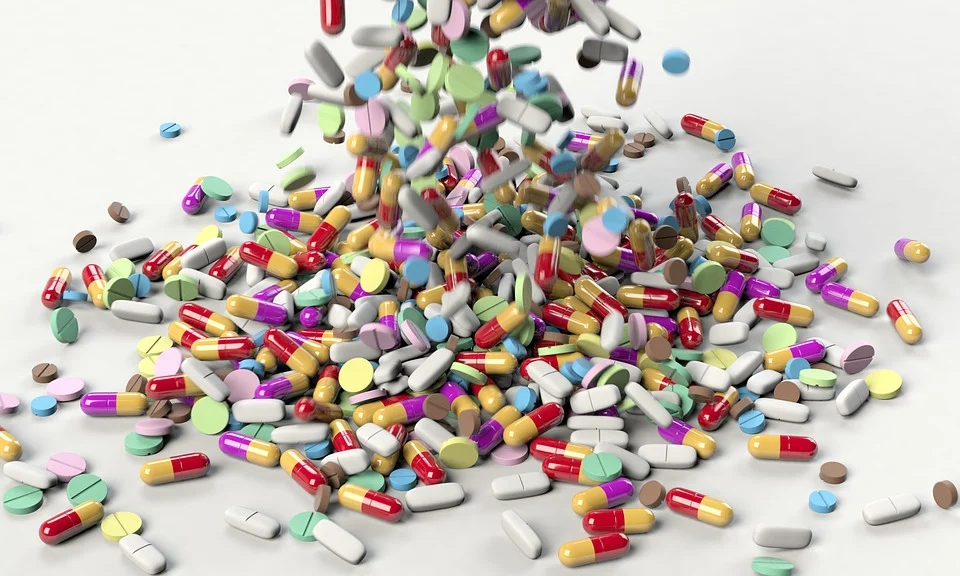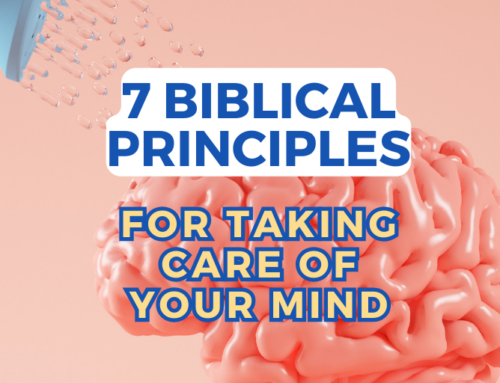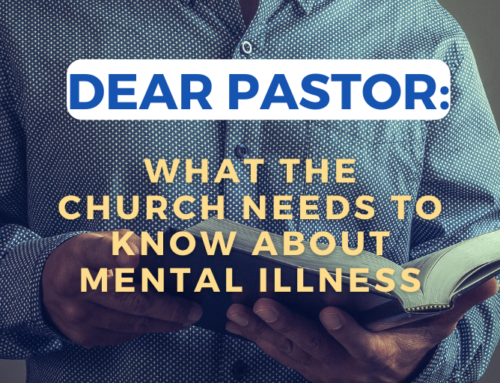I was first diagnosed with a mental health condition in 1990, the heyday of what were becoming known as “second generation antidepressants.” Alternatives to lifetimes of misery in locked wards of psych hospitals gave psychiatrics a whole new tool to treat those desperately depressed. Even “family doctors” were getting into the act as drug representatives passed out samples like happy pill candy of the dubbed “Prozac generation.”
But my depression in 1990 was not garden variety and these pills I took sent me into a medication-induced psychosis, keeping me up in a manic frenzy for six days and six nights concocting mission schemes and conducting ministry initiatives (as documented in my memoir When Despair Meets Delight). Ultimately, I would break with conscious reality and become a danger to myself and others.
Were the drugs the cause of the psychosis or, because they were not properly prescribed, did they just light the fuse? No one in particular is to blame. The science of psychopharmaceutic ology was still in its infancy stages. I have been taking meds for three decades that were then only tested in a confined lab for a few years. This does not mean Big Pharma is in a league with healthcare agents to steal my soul. Instead I have freely invested the soul I lost to mental illness with
those who could be the best and most caring partners and, by a large, I have been blessed to have informed care from prescribers, pharmacists, as well as psychiatric nurses, technicians, therapists, and aides who have guided me toward healing.
For someone like me who has a brain illness, mental health care begins with taking precisely prescribed pills. It doesn’t end there, however. In upcoming issues, we will look at adjunct, not alternative care. Next week, psychotherapy.
Be well,
Tony







